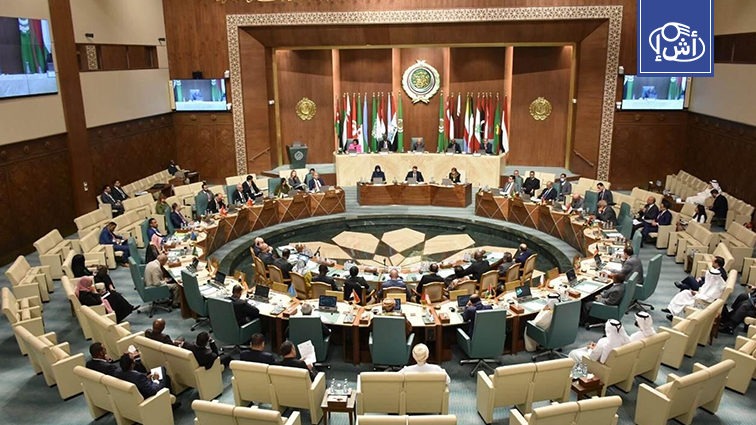The League of Arab States seeks to resume the second round of the tripartite meeting, with the aim of activating the political solution and addressing the political division in Libya.
The League of Arab States sent invitations to the President of the Libyan Presidential Council, Muhammad al-Manfi, the Speaker of the House of Representatives, Counselor Aguila Saleh, and the President of the Supreme Council of State, Muhammad Takala.
These efforts come within the framework of an initiative led by the Secretary-General of the Arab League, Ahmed Aboul Gheit, who seeks to present a paper that includes all the concerns of the three Libyan parties, with the aim of agreeing on a clear mechanism for holding presidential and legislative elections as soon as possible.
Activating this agreement faces a major obstacle, which is the armed formations’ rejection of any settlement of the political process without involving them in future arrangements related to the election process, given their great influence in various Libyan cities.
An official Libyan source suggested the possibility of the presence of Stephanie Khoury, Deputy Head of the United Nations Support Mission in Libya for Political Affairs, as part of her moves to bring viewpoints closer between the Libyan components and closely follow the Arab League initiative.
In a related context, Speaker of the Libyan House of Representatives, Counselor Aguila Saleh, expressed his optimism about the future of the situation in Libya, pointing to the progress achieved in the dialogue session hosted by the General Secretariat of the Arab League several weeks ago, where it was agreed to unify the sovereign positions in the country, and form a unified government, In order to guarantee the sovereignty and stability of Libya.
On the other hand, the head of the Libyan High National Elections Commission, Imad Al-Sayeh, doubted the possibility of holding national elections in Libya in the short term, pointing to the main obstacles that prevent this, such as the absence of the Libyan constitution regulating the transfer of power, and foreign interventions aimed at maintaining On the current situation.
Al-Sayeh explained that the political environment hostile to democratic principles, the conflict of interests between the Libyan parties, in addition to foreign ambitions to maintain power, are all factors that contribute to the deepening of political conflicts and internal divisions in the country.
This situation indicates that reaching a comprehensive political solution in Libya requires concerted local, regional and international efforts, and mutual concessions between the various parties, to overcome the current obstacles and pave the way towards lasting stability.
Libya participates in the Djibouti meeting to strengthen peace efforts in Sudan
